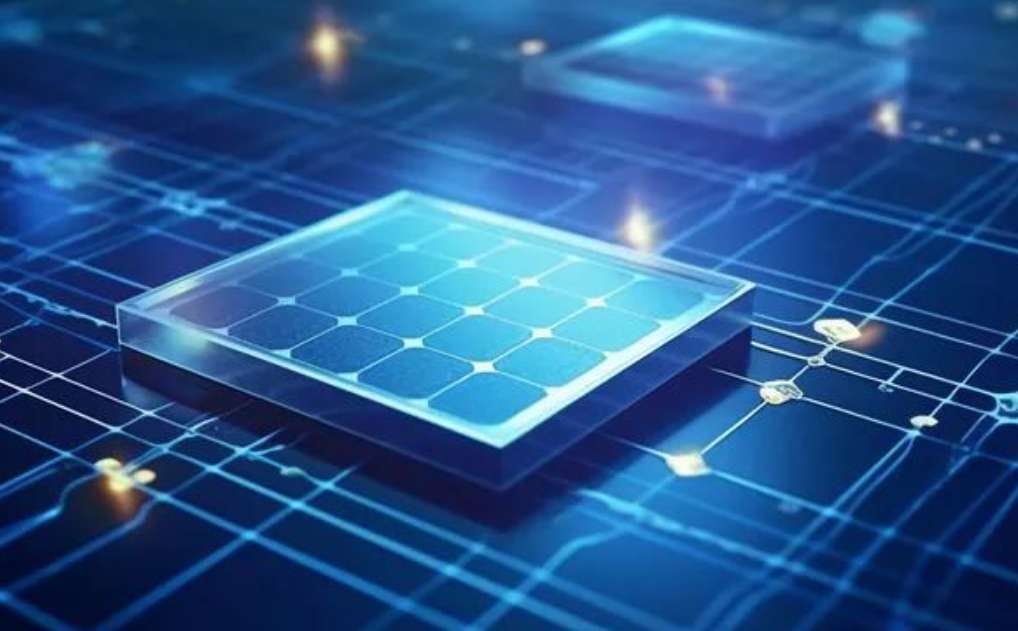Defang Nano's ¥1 Billion Loss Fuels LFP Glut Fears
Advertisements
The lithium battery sector is undergoing significant turmoil in 2023, primarily driven by a pronounced slowdown in the growth of the new energy vehicle (NEV) market. This slowdown has inflamed discussions about overcapacity within the lithium industry, compounded by falling lithium salt prices that have pushed many lithium battery companies into an alarming profitability crisis. Shockingly, some enterprises have even reported a switch from profits to losses in their mid-year performance forecasts for 2023.
On July 16, 2023, the lithium battery cathode material manufacturer, Deyang Nano (300769.SZ), unveiled its mid-year performance expectations, predicting a staggering net loss between 1.04 billion to 1.17 billion yuan for the first half. This is an alarming drop when contrasted with the previous year, which recorded a profit of 1.28 billion yuan. As a direct consequence of this announcement, the company's stock plummeted over 10% in early trading the next day, closing at 121.7 yuan per share, marking a 7.72% decline.
Deyang Nano was established in 2007 and focuses on the research, development, production, and sale of crucial lithium-ion battery materials. Their main offering is phosphate-based cathode materials that are extensively applied in NEV drive batteries and energy storage systems. The company's severe loss projection for the first half of 2023 stands in stark contrast to the achievements of the previous year; in 2022, Deyang Nano reported a remarkable revenue of 22.557 billion yuan, showcasing a year-on-year growth of 355.3%, with a net profit soaring 190.33% to 2.407 billion yuan.
The root cause of Deyang's dire forecast lies primarily in the sharp decline in lithium salt prices, particularly lithium carbonate, which is a fundamental raw material for lithium battery cathodes. The early part of 2023 saw lithium carbonate prices nosedive from over 500,000 yuan per ton to below 300,000 yuan. By April, prices even dipped to an alarming 200,000 yuan per ton. Meanwhile, prices for lithium iron phosphate, Deyang’s main product, also tumbled, hitting approximately 70,000 yuan per ton in April 2023.

This downward trend has reverberated throughout the industry; other lithium-related companies, such as Longpan Technology (603906.SH) and Fengyuan Co. (002805.SZ), also reported dismal forecasts for the first half of 2023, predicting substantial losses attributed to plummeting lithium salt prices and an overall market oversupply. For instance, Longpan anticipates a net loss of between 628 million to 760 million yuan.
As of now, Deyang Nano's stock has effectively halved over the past year, with its value plummeting from a peak of 265.36 yuan per share in July 2022 to a startling low of 86.96 yuan in April 2023. Even with some recovery observed in the last two months, the stock remains less than half its peak value.
However, amidst this dismal forecast, Deyang Nano's management has suggested a potential turnaround beginning in May 2023. They have indicated a gradual recovery in downstream demand, signifying an uptick in production capacity usage. By June, the company reported achieving full production output, translating into higher sales prices and a gradual restoration of profitability. Furthermore, new products such as manganese lithium iron phosphate are reportedly on course for volume production in the latter half of the year.
Following Deyang's announcement, investor skepticism began to surface. Notably, on July 17, a discourse emerged during an investor teleconference where some individuals expressed disbelief regarding the scale of the projected losses, citing conversations just days earlier that suggested the company's performance was not as grim. This revelation raises questions about the potential implications of the disclosed information and strategic communication with shareholders.
In a broader context, the lithium iron phosphate (LFP) market is marked by significant structural overcapacity. Huang Xinqiao, the chairman of Hunan Yune (301538.SZ), reiterated in the first quarter of 2023 that the LFP industry is grappling with considerable overproduction. Hunan Yune is a leader in the phosphorous-based cathode material sector and has reported being the top supplier of LFP products for three consecutive years.
The demand for phosphorous-based materials remains robust, particularly due to the booming sales of new energy vehicles. The entry of established phosphorous chemical companies such as Zhongke Taibai (002145.SZ), Annada (002136.SZ), and Longbai Group (002601.SZ) into the lithium battery space represents a new wave of competition. Current estimates suggest that the production capacity for LFP and manganese lithium iron phosphate has already surpassed 2.5 million tons and could potentially exceed 10 million tons with planned projects not yet in operation.
Deyang Nano's market share remains commendable, constituting about 15.1% with a shipment volume of roughly 172,000 tons in 2022—second only to Hunan Yune. Their strategic focus on manganese lithium iron phosphate as a means to reinvigorate growth appears promising. Although this product has yet to achieve full-scale commercialization, early indicators of successful testing with downstream clients mark a critical milestone ahead of mass production.
Ultimately, while the lithium battery material market faces challenges, the potential for innovation and adaptation to shifting demands persists. Deyang Nano's venture into manganese lithium iron phosphate highlights an emerging trend within the industry, as companies strive for differentiation amid an increasingly saturated marketplace. As the economy shifts focus toward sustainability, the lithium battery sector could still uncover paths to profitability in the face of adversity.
Leave A Comment